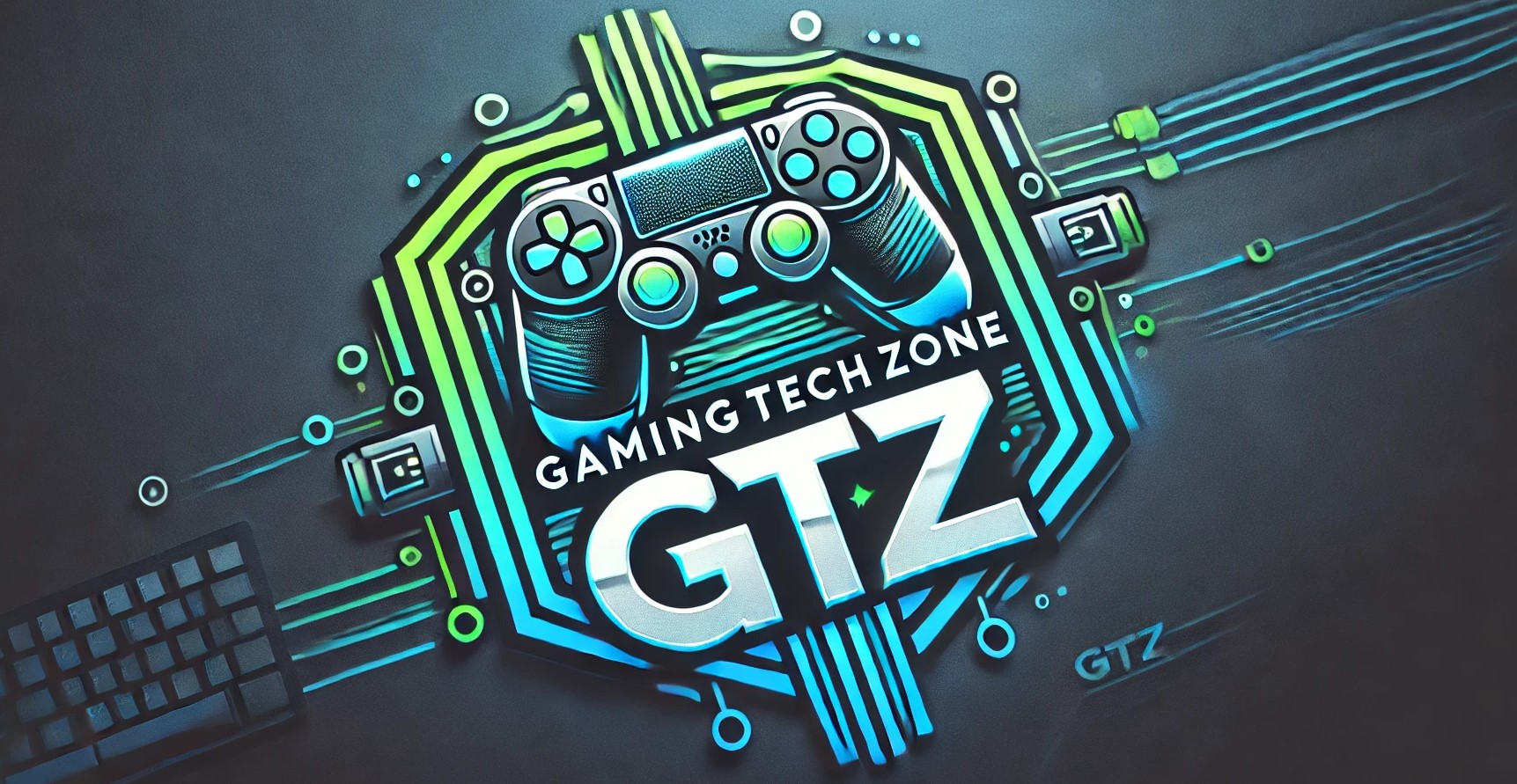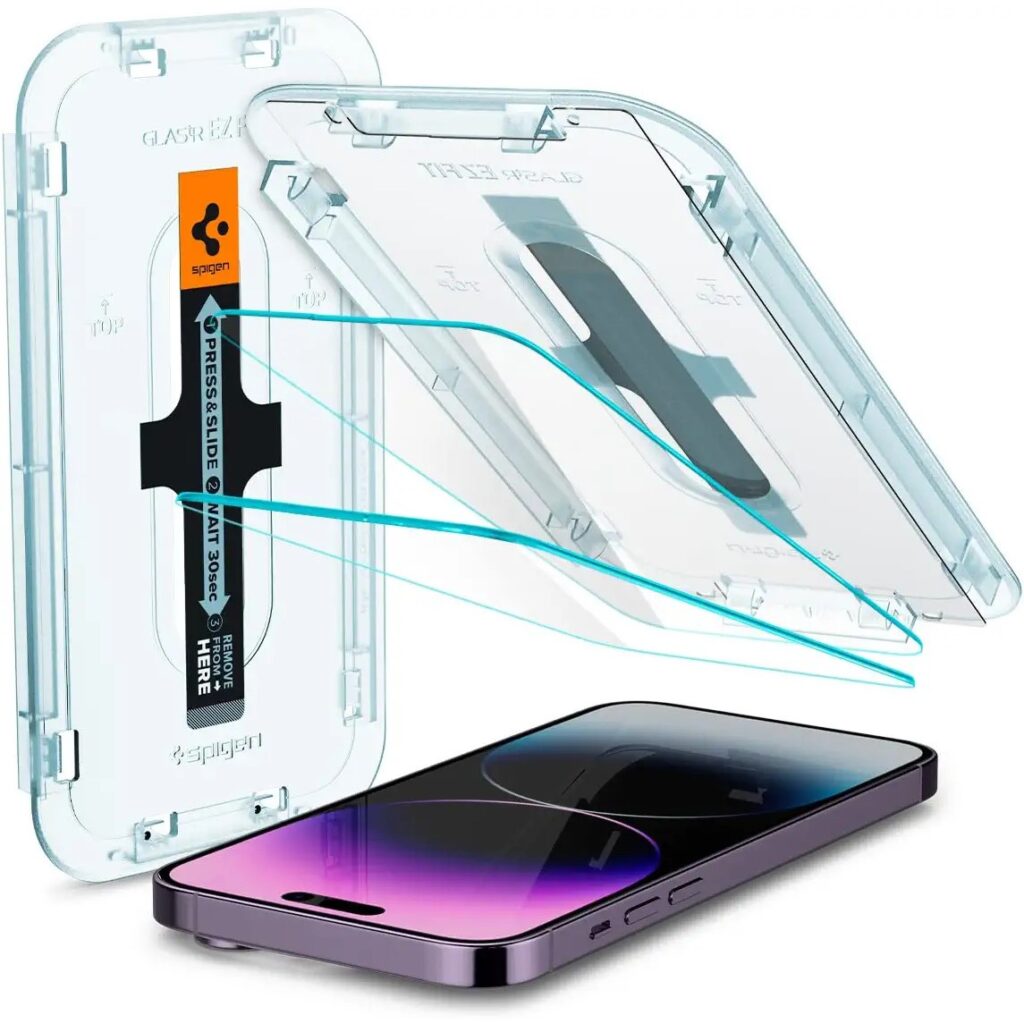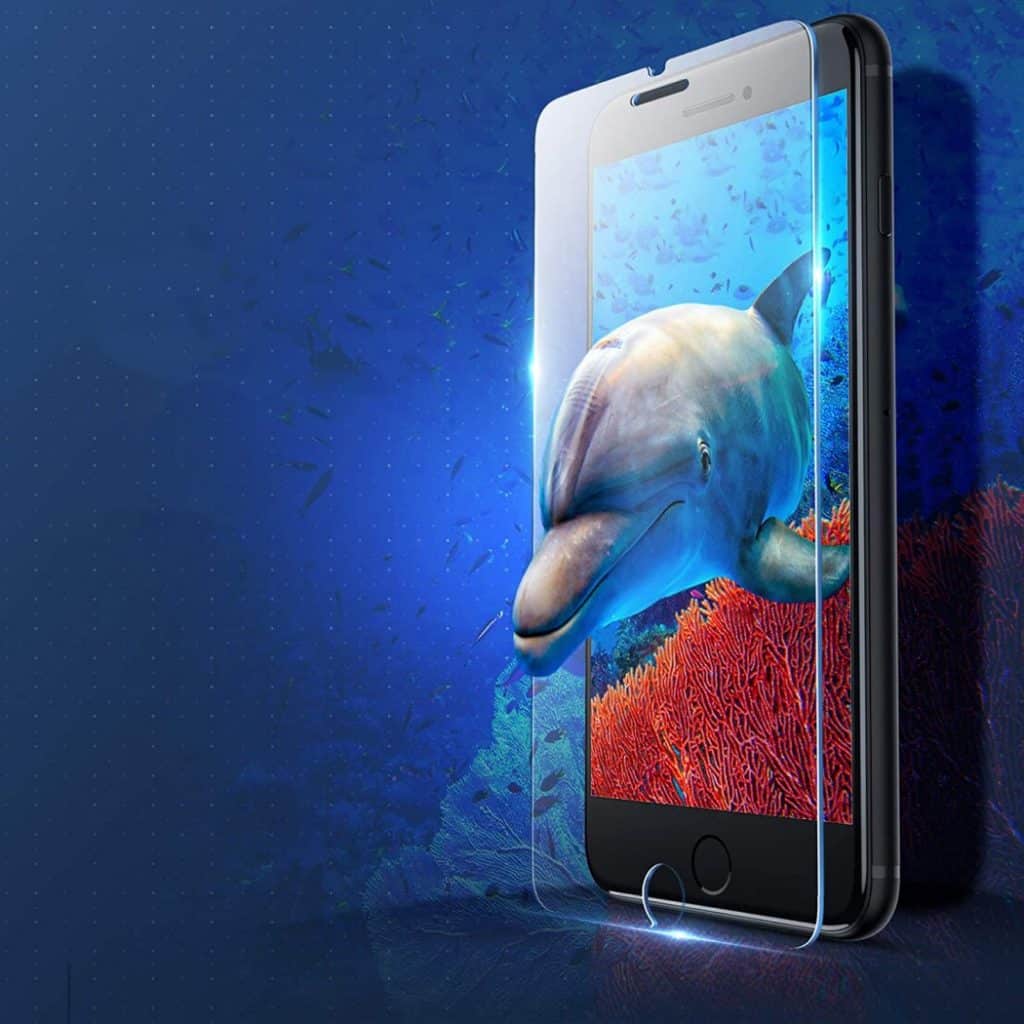When you purchase through links on our site, we may earn an affiliate commission. Learn more...
Anti-Blue Light Tempered Glass Screen Protectors: Are They Worth It?

Screen protectors are very valuable when it comes to protecting your phone’s display from an accidental fall or any other type of damage. However, they don’t do anything in terms of protecting you. Or do they?
Well, Anti-Blue Light Tempered Glass Screen Protectors are becoming increasingly popular due to the many benefits they offer. But what are they exactly, and how can they benefit you?
Key Takeaways
- Anti-blue light tempered glass screen protectors can filter UV and blue light emitted from devices, preventing ocular damage, visual fatigue, blurred vision, and dry eyes, and improving sleep quality.
- Prolonged exposure to blue light can lead to macular degeneration, digital eye strain, and other symptoms such as eye dryness, headaches, bleary eyes, and sore facial muscles.
- Most devices have a built-in function to filter blue light, such as “Reading Mode” or “Night Light”, but additional screen protectors can provide even extra protection.
What is Blue Light?
Blue light is a form of electromagnetic energy, comprising a narrow band of visible light in the wavelength range between 380 and 500 nm. It’s produced by the sun and other sources, including LED bulbs.
Blue light can be harmful to your health, especially if you’re exposed to it at night. Blue light is used in many types of electronic devices, including computers, smartphones, and tablets.
It’s also used in some types of streetlights.
What’s the purpose of anti-blue light tempered glass screen protectors?
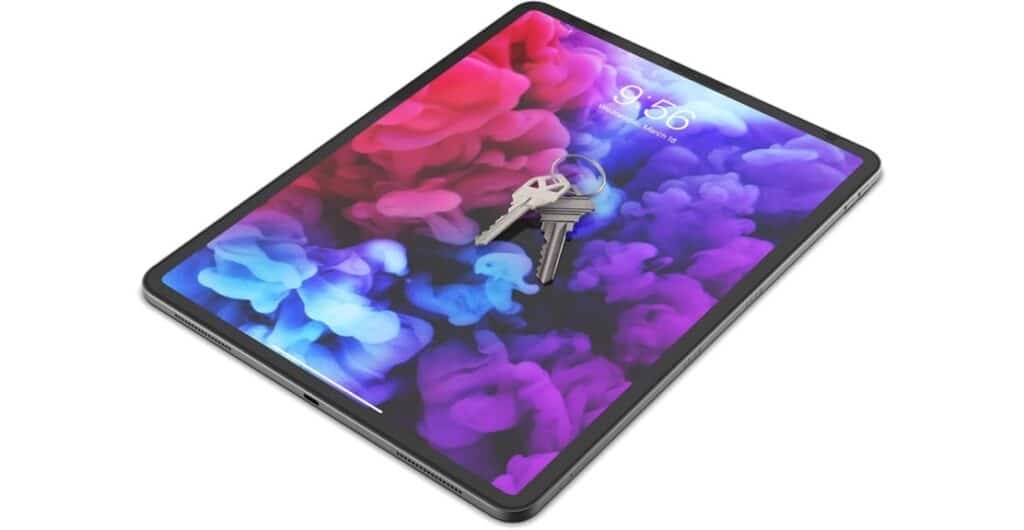
Anti-blue light tempered glass screen protectors can filter a certain amount of UV(ultraviolet) and blue light emitted from your device.
This can prevent ocular damage, visual fatigue, blurred vision, and dry eyes and significantly improve the quality of your sleep at night.
The effects of blue light on your health
According to Healthline, blue light can penetrate all the way to the retina of our eyes and may damage the light-sensitive cells. In general, the damage is minor, but it’s still harmful. You might start to notice the effects after exposure for long periods of time.
The blue light produced by the screens of smartphones can hinder or stop the production of melatonin, the hormone responsible for sending signals to your brain that it is time for bed.
Macular degeneration and digital eye strain
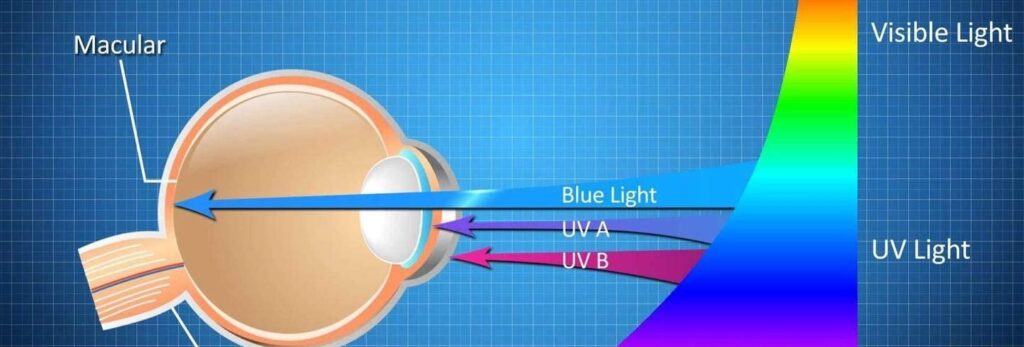
In addition, there are studies that question whether blue light can damage your eyes by causing age-related macular degeneration (AMD), which causes vision loss in older adults.
Nevertheless, eye physicians and experts do not believe that utilizing LED or blue light-emitting gadgets may cause AMD.
Digital eyestrain can result from prolonged or close-up use of digital devices. It’s especially common with gamers. In particular, CS:GO players tend to stay very close to their monitors to remain more focused.
Digital eyestrain is typically associated with the eye’s focusing mechanism. According to research, people tend to blink less frequently when using computers, laptops, and other products.
Less blinking means less wetness.
You may experience the following symptoms if you spend too much time looking at a blue-light-emitting screen:
- eye dryness
- headaches
- bleary eyes
- inflamed or painful eyes.
- face muscles get sore from squinting
What to do if you don’t have an anti-blue light screen protector
Most recent smartphones, computers, tablets, and other devices have in-built anti-blue light protection so buying a screen protector won’t be beneficial.
For smartphones, you can find that feature under the name “Reading Mode” (or “Night Mode” for some brands) while on PC it’s called “Night Light”.
You can set them to automatically turn on and off if you wish to do so. What this feature does is essentially turn the screen orange (you can adjust the intensity) to reduce the amount of blue light that’s emitted.
The Bottom Line
If you think about the amount of time that we spend in front of our screens, anti-blue light screen protectors can be beneficial for your eye health. They are not a must-have, though!
Most devices have a built-in function to filter blue light anyway, but if you want to add that extra protection, go ahead and do it. I’ll leave the decision up to your personal preference.
